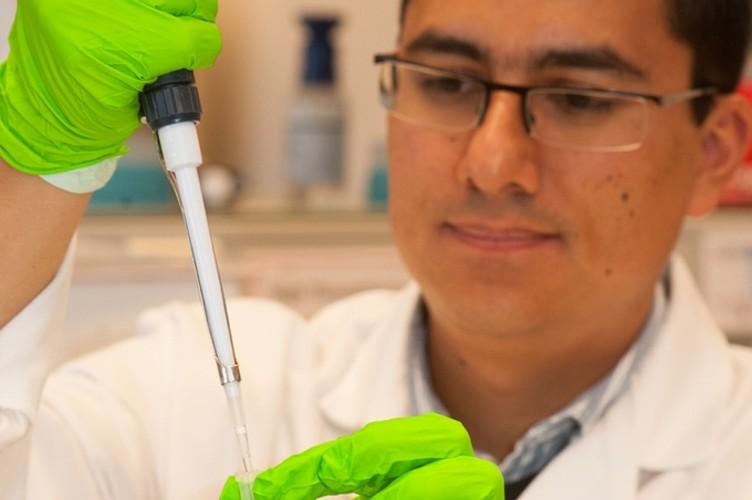
We have a general interest in contemporary evolution and are specifically focused on the adaptation of organisms to ecological changes in their environment.
We study how ancient and more recent man-made environments, such as the city biome, create selective landscapes to which populations respond by evolving, within their developmental constraints, adaptive morphological and behavioral phenotypes. We use birds, insects, plants and snails as study systems. These groups have relatively short generation times, making them ideal to study Human Induced Rapid Evolutionary Changes (HIREC) in response to modern ecological stress factors such as global warming, influx of exotic species, plastic pollution and urbanization.
Whoworks here
Our researchthemes & structure
Our research is structured as follows:
- scale of temporal processes (micro-evolution, meso-evolution, macro-evolution)
- methodology (experimental, descriptive or analytical)
- conceptual themes (selection and constraints; biotic and abiotic selection; key innovations; species-level specializations)
- fundamental and applied science
Evolutionary Ecology has three research teams, each with their own specialization and grouped around a permanent researcher:
- Barbara Gravendeel's PI group: evolution and development of highly specialized plant organs involved in pollination, seed dispersal and colonization of new habitats
- Vincent Kalkman's PI group: evolution and ecology of dragonflies and damselflies
- Menno Schilthuizen's PI group: rapid evolutionary diversification in animals under intense natural, sexual, or anthropogenic selection
- Dan Stowell's PI group: animal sound and machine learning (AI)
- Liliana D'Alba's PI group: evolutionary drivers of animal coloration and its mechanistic foundations
We often work with citizen and community scientists and apply innovative approaches such as Automatic Image detection and comparative genomics


Teachingactivities
Evolutionary Ecology organizes and contributes to several courses in the BSc and MSc biology curricula of Leiden University and Radboud University. We also created a MOOC (“Evolution Today”), which is on Coursera. In addition, we regularly offer internships for students from all universities to do projects with us. If you are interested, contact any of the Evolutionary Ecology research team members.
Collaborations of Evolutionary Ecology
- Within Naturalis, we extensively use the collections, the computational facilities, the molecular and morphology labs and LiveScience.
- In Leiden, we closely collaborate with research groups and labs at the Institute of Biology Leiden, Leiden Institute of Advanced Computer Science, the University of Applied Sciences Leiden, Hortus botanicus and the Institute of Environmental Sciences.
- In the Netherlands we collaborate mainly with Groningen University, Radboud University Nijmegen and Erasmus University Rotterdam.
Drop by atEvolutionary Ecology
Interested? Feel free to drop by!
For example at
- our 3-weekly digital group meetings on Wednesdays from 16:00 onwards
Work location
We can all be found at the 3th floor of the office building of Naturalis in section 3CL at the Darwinweg 2 in Leiden and in LiveScience























